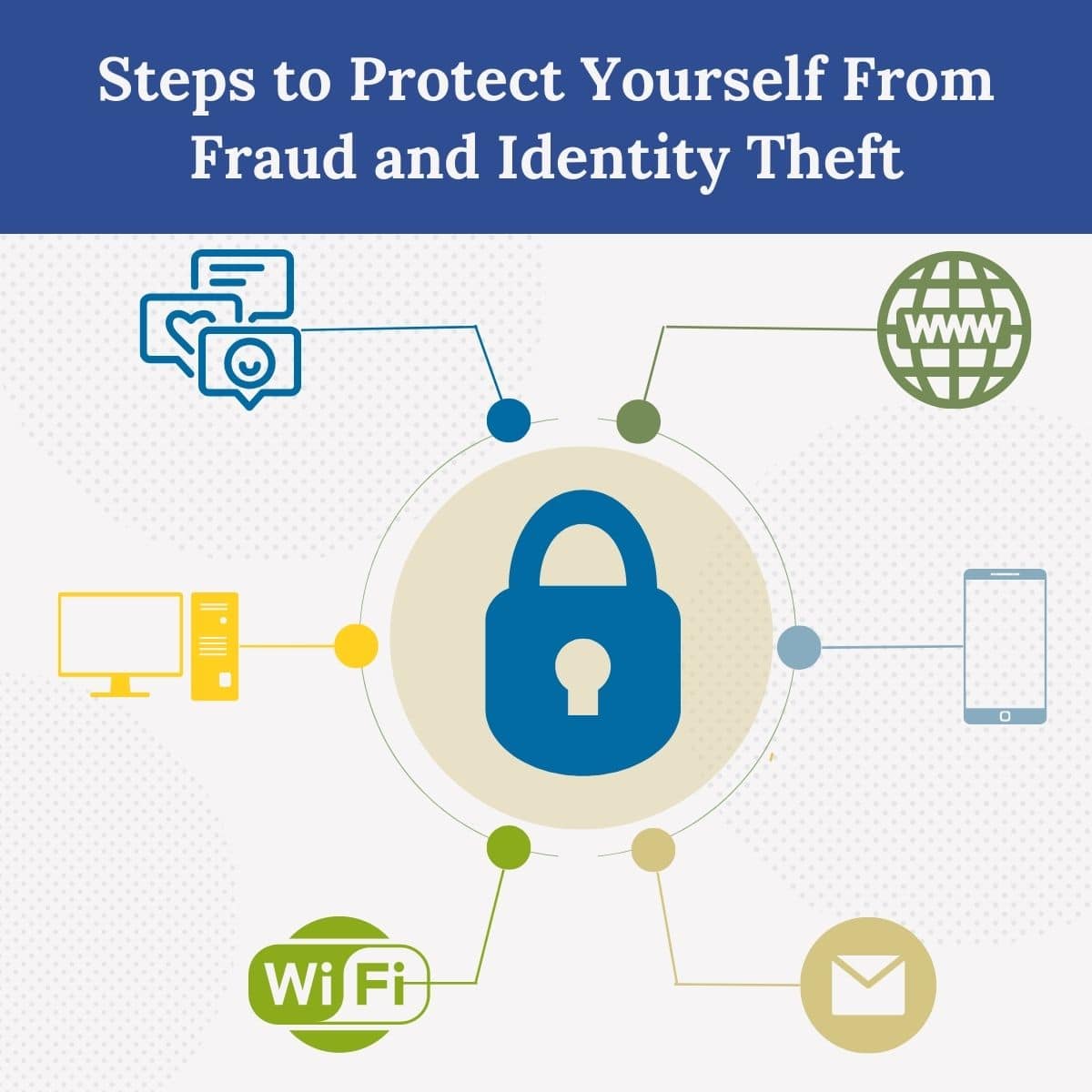As aging populations experience increased life expectancies, the prevalence of elder abuse is on the rise. Elder abuse can begin for adults as young as 60 years old. Common types include physical and emotional abuse, neglect, and financial exploitation. Here we will discuss the signs of financial elder abuse and what you can do to safeguard yourself and loved ones.
What Is Elder Financial Exploitation (EFE)?
Elder financial exploitation (EFE) is defined as the improper or illegal usage of an elderly adult’s money, property, or resources for monetary or personal benefit. In addition, EFE includes the deprivation of an elder’s access to their assets, income, and resources. Elderly adults may be at a higher risk of financial exploitation due to physical health, cognitive/functional impairments, dependency on others, and a lack of digital awareness.
Most people accrue assets throughout their lifetime, making EFE more costly in dollar terms. Depending on your age and health, losses can be disastrous, as there is less time to make up any deficit. Access to food, healthcare, and housing may be reduced and negatively impacted. As a result, victims of financial exploitation may experience a significant shift in quality of life.
Types of Elder Financial Exploitation
Elder financial exploitation can originate close to home with someone you know, or far away via offshore scams. The Elder Justice Initiative from the United States Department of Justice identifies two types of crimes with elder financial exploitation: financial abuse and financial fraud. Financial abuse is typically committed by an individual you know personally, whereas financial fraud is perpetrated by strangers.
The most common types of EFE include:
Scams By Strangers (Financial Fraud)
Financial fraud may occur through several platforms such as emails, phone calls, and online websites. Legitimate businesses will never request personal information via an unsolicited email or phone call. When in doubt, call a company’s publicly advertised customer service number to ask about the request.
Common scams include:
- strangers impersonating family members and requesting emergency funds.
- phone calls claiming that your account, phone, or computer has been hacked.
- fake requests for donations in response to a natural disaster.
- phone calls from alleged tax authorities.
Trust your instincts if something doesn’t “feel right.”
Exploitation By Personal Relationships (Financial Abuse)
Financial abuse can be inflicted by family members, care team members, new partners, and friends. In each of these relationships, boundaries can be easily overstepped and blurred.
Red flags include:
- Misusing a Power of Attorney or other financial authority.
- Withdrawing money using an ATM card or check.
- Pressuring someone to take out a reverse mortgage, buy a vehicle, or make other large gifts of money or assets.
- Pressuring someone to change their will or beneficiaries.
Money Mule
In these cases, the older adult either knowingly or unknowingly launders funds for others through the transfer and receipt of money. The most common methods used are through wire transfers, bank accounts, and credit cards.
Recognizing Elder Financial Exploitation
Cases of elder financial exploitation can last for months before being reported. Here are warning signs to look for:
Recognizing personal red flags:
Behavioral Changes
- You receive poor quality care from family members or nursing staff.
- You are frequently shamed and belittled for earnings and/or spending habits.
- A caregiver attempts to discuss personal financial matters.
- You feel guilty when setting appropriate financial boundaries. (A loved one may claim you are a bad parent/friend etc.)
Financial Changes
- You notice money is frequently taken out of your account(s) without your permission. (This can range from small and frequent bank withdrawals by a loved one or unexplained bills from caregivers.)
- It becomes increasingly difficult to pay for household expenses, food, or bills.
- You are pressured into spending or giving money beyond your comfort level.
- You notice cash or valuable items are missing after caregiver visits.
- You stop receiving financial statements.
Authority Changes
- You feel pressured to name a loved one as a beneficiary or in your estate planning documents.
- You feel pressured into adding a loved one as a joint owner on any bank accounts.
- You are no longer authorized to access financial statements, personal investment/banking accounts.
Technology Related Changes
- You are receiving emails/phone calls from a government agency or well-known company requiring you to make updates to your personal information.
- You receive an email or phone call from a company that asks to “remote in” to your electronic device(s).
- You notice your electronic device(s) have unknown programs installed.
Recognizing red flags in others:
Behavioral Changes
- Your loved one has new “friends” or “associates.”
- They appear submissive, pressured, or fearful in the presence of someone else.
- You are not able to speak alone with them anymore.
Financial Changes
- Your loved one is making large, frequent, or inconsistent withdrawals.
- They are carrying new loans or higher debt.
- They are transacting uncharacteristic wire transfers.
- There is a sudden lack of funds or an increase in non-payment of bills.
Authority Changes
- A new person is managing the money.
- Financial Power of Attorney or account beneficiaries have been changed.
- Assets such as real estate or personal property have been retitled.
Technology Related Changes
- You notice a loved one has unknown programs and applications installed on their devices.
- They are receiving frequent virus warnings and pop-ups on their devices.
Helpful Resources
To help limit distress and financial loss, it is important to report your suspicions and take extra steps to protect yourself and loved ones. If you suspect an older adult is being financially exploited, contact your local Adult Protective Services, law enforcement, and/or the US Justice Department.
Below are resources to alert authorities and obtain help:
- Department of Justice National Elder Fraud Hotline: 1-833-372-8311
- Local Adult Protective Services: https://www.napsa-now.org/help-in-your-area/
- US Administration on Aging Local Eldercare Locator and Resources: https://eldercare.acl.gov/Public/Index.aspx or call 1-800-677-1116
- AARP Fraud Resource Center: https://www.aarp.org/money/scams-fraud.html#frc
The following proactive measures may also help:
- Work with a registered independent financial advisor.
- Elect a Trusted Contact.
- Keep Powers of Attorney up-to-date.
- Engage a daily money manager to help older adults with routine financial tasks.
- Frequently monitor your credit report, credit score, and banking transactions.
- Attend free technology support and training classes hosted by Senior Planet from AARP: https://seniorplanet.org/
- Shred any sensitive documents (account statements, receipts, etc.) before discarding and store essential legal documents and financial records in a home safe or digital vault.
- Visit the CFPB’s Office of Older Americans to learn how to continue making sound financial decisions as you age, and protect yourself and others from financial harm.
- Discuss finances openly and honestly with trusted family members.
- Develop a network of support to help prevent, detect, and respond as needed.
Elder financial exploitation is damaging and widespread. In fact, it’s one of the most common forms of elder abuse, both nationally and worldwide. Take the time now to consider how to protect your own finances and those of loved ones. The team at SageVest always looks out for our clients. To learn more about our fiduciary financial services, please contact us.




